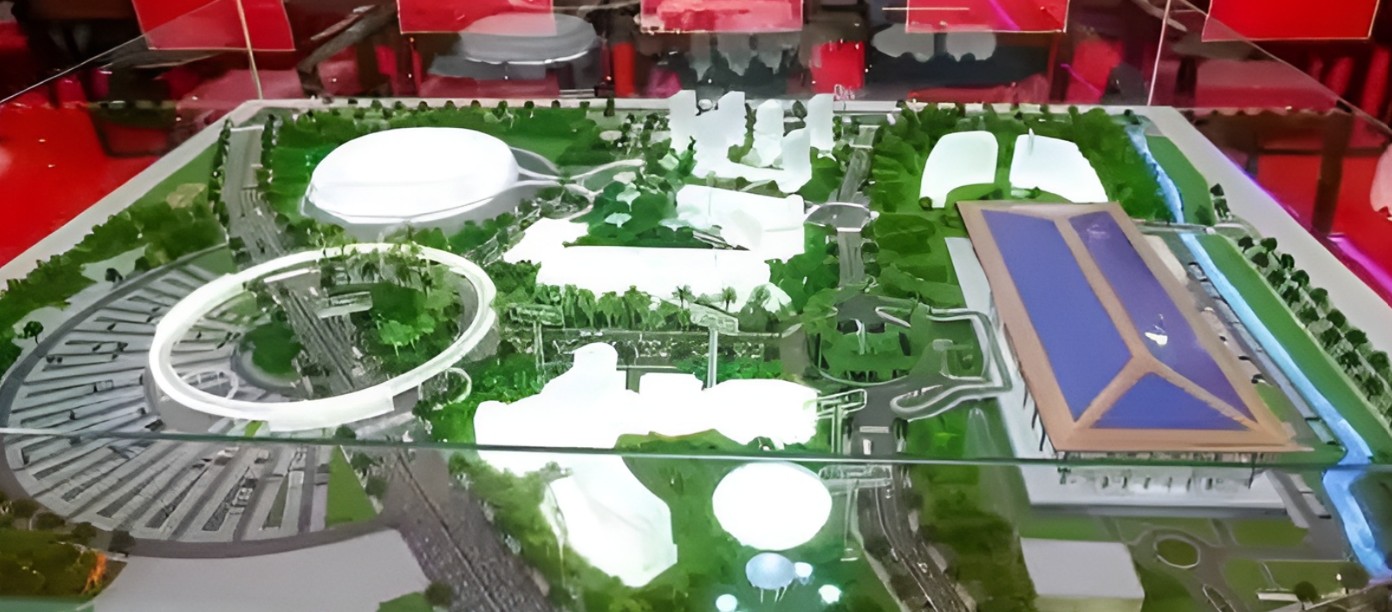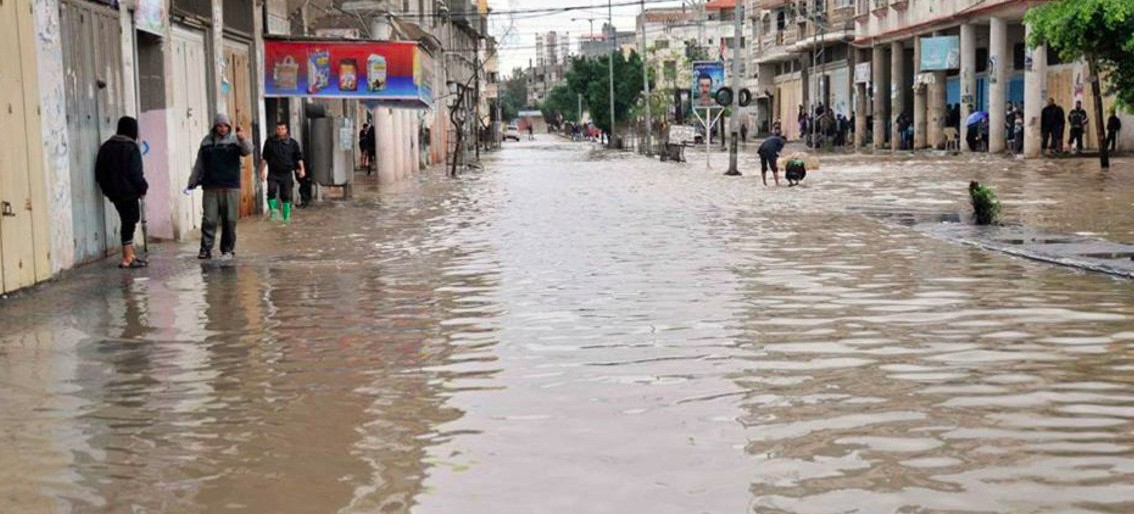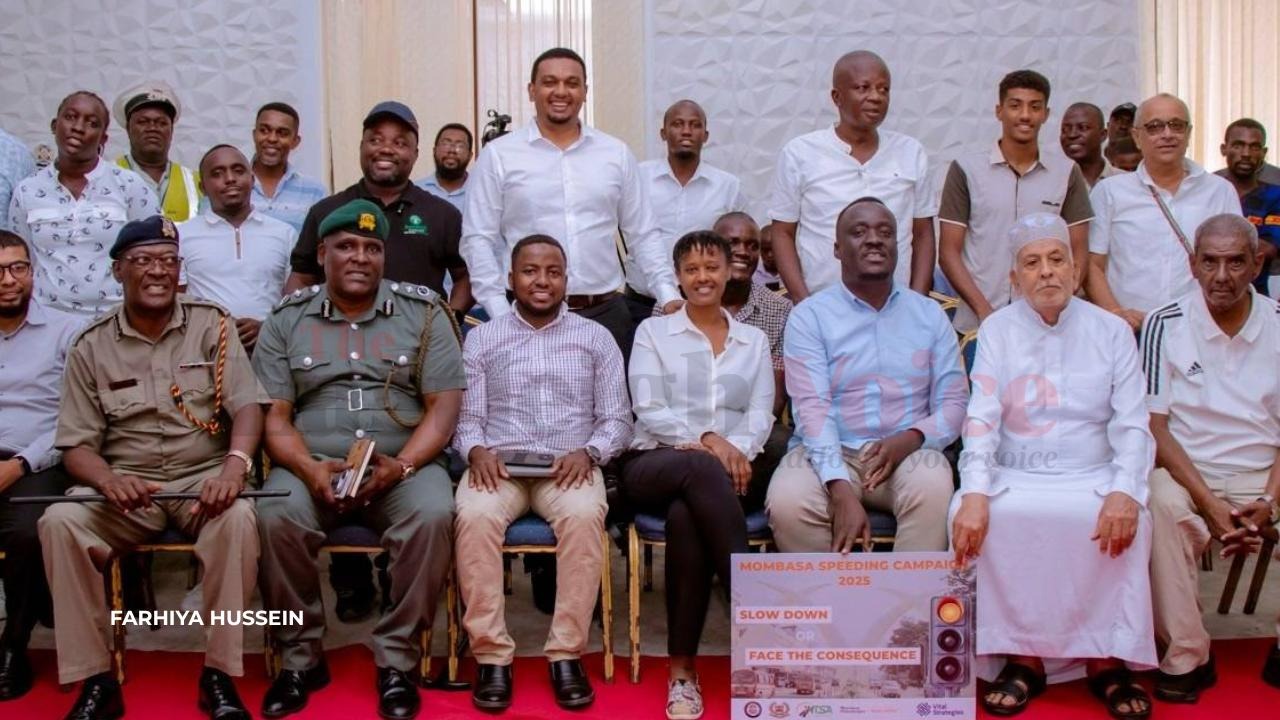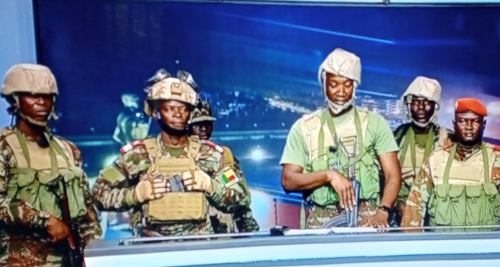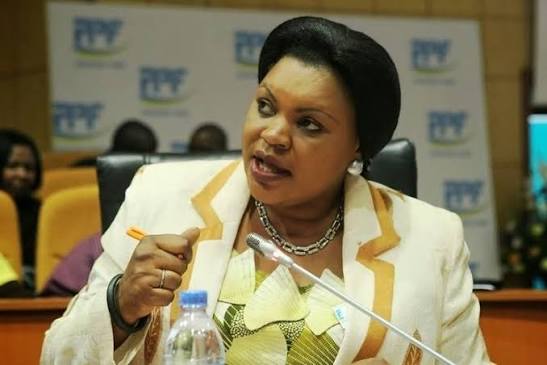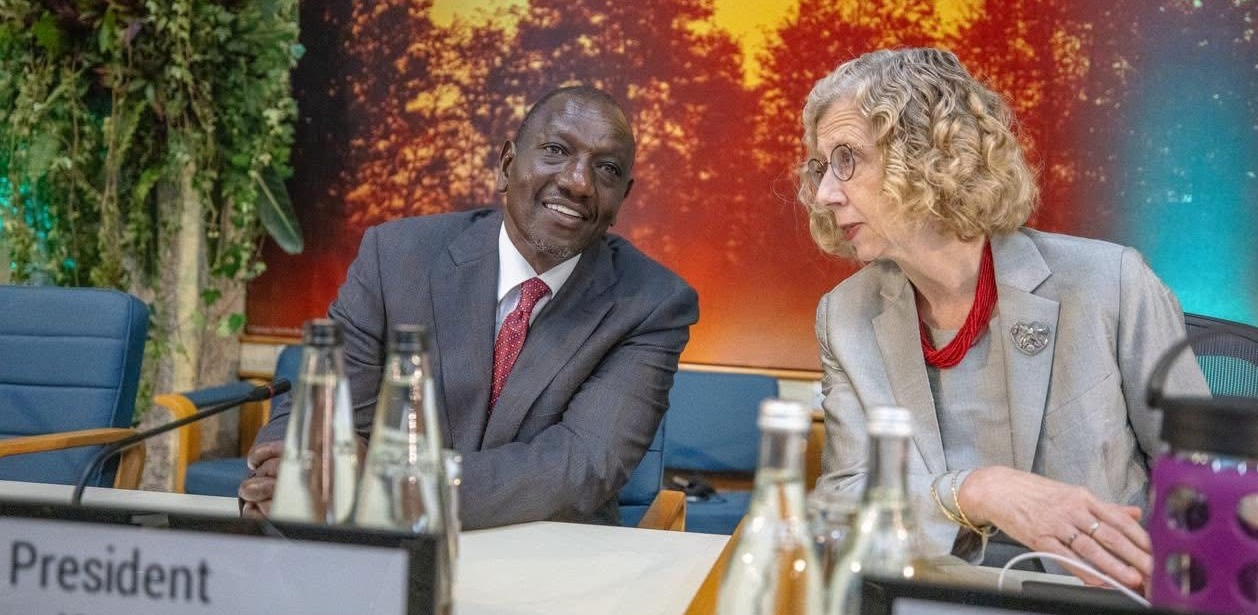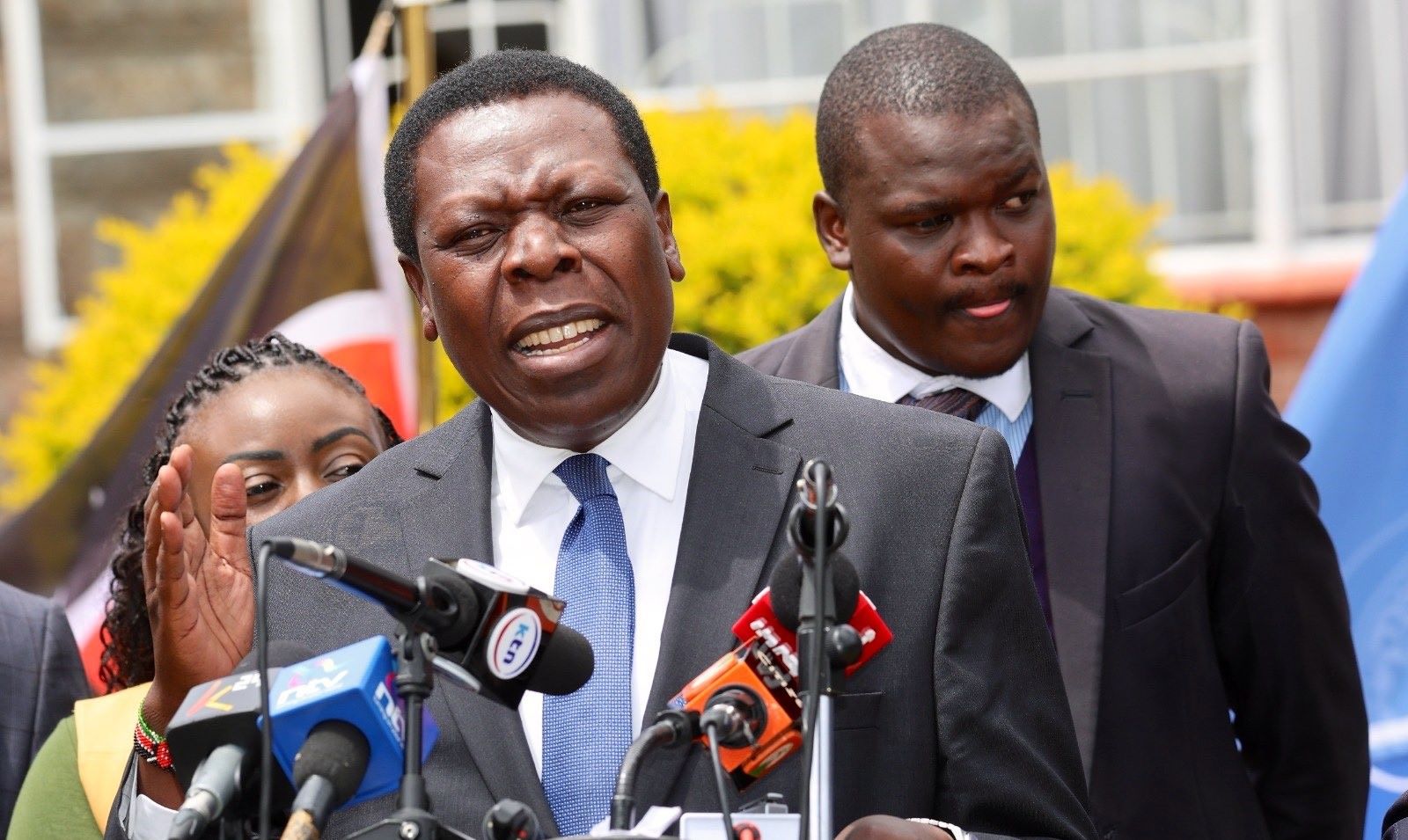KNEC rolls out smart digital padlocks to secure exam papers and curb leaks
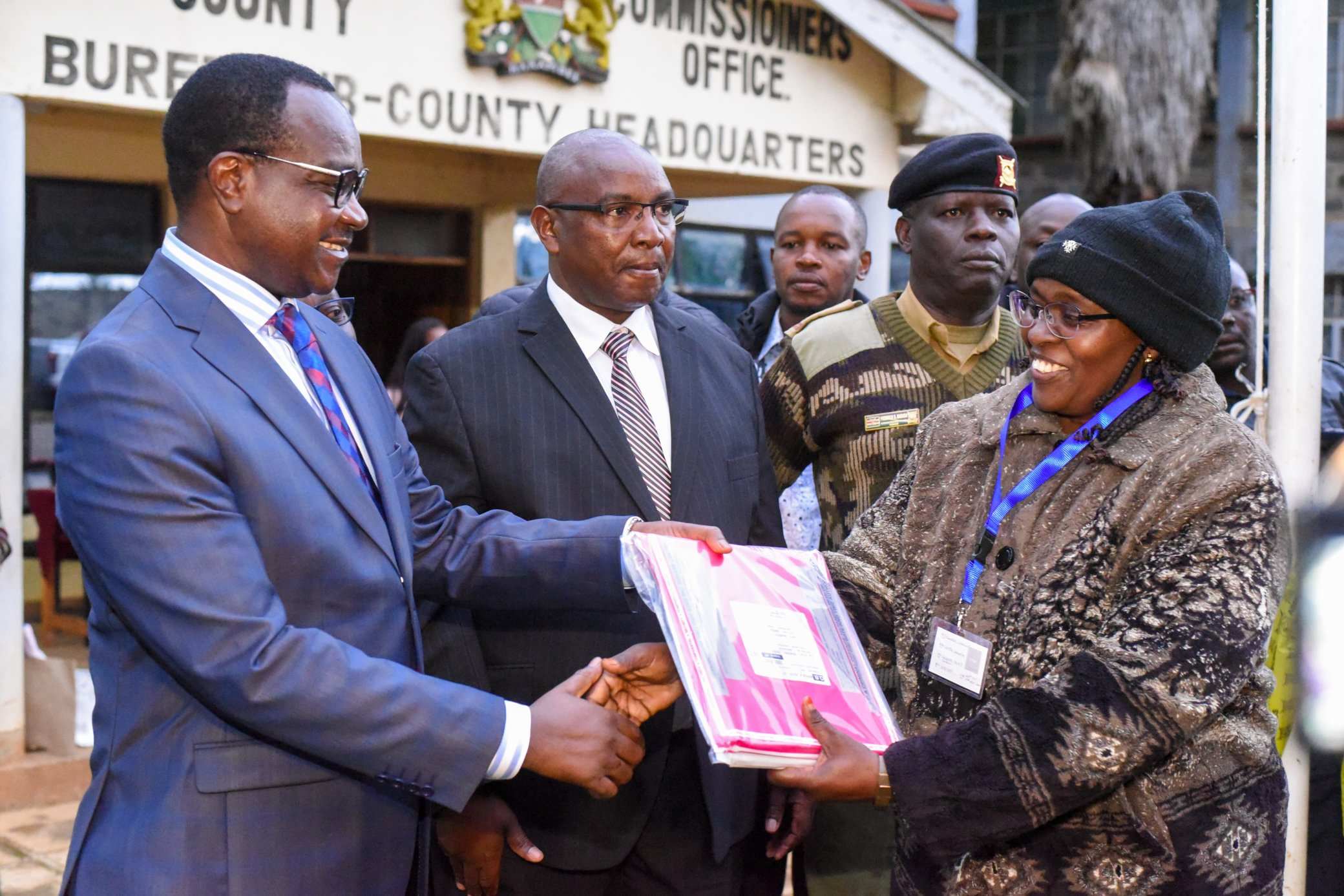
Education Cabinet Secretary Julius Ogamba said the locks, being piloted for the first time, are linked to the KNEC command centre, allowing officials to monitor in real time whenever a container is opened or closed.
In a bid to curb exam leaks and boost transparency, the Kenya National Examinations Council (KNEC) has introduced smart digital padlocks in 250 examination storage containers across the country.
Speaking on Monday during the official launch of the 2025 national examinations, Education Cabinet Secretary Julius Ogamba said the locks, being piloted for the first time, are linked to the KNEC command centre, allowing officials to monitor in real time whenever a container is opened or closed.
More To Read
- KNEC to launch senior school assessment hubs ahead of Grade 10 CBE rollout
- KCSE marking starts under tight supervision to ensure fairness
- Five arrested for impersonating students in ongoing KCSE exams
- KCSE enters third week as government steps up efforts to ensure smooth exams amid floods
- Hundreds of exam candidates stranded by Elgeyo Marakwet mudslides to be airlifted for national exams
- Government to release KPSEA and KJSEA results in December, KCSE results in January next year
“These locks are linked to the KNEC command centre, allowing real-time tracking of the exact time each container is opened and locked,” he said.
The Ministry of Education has also mandated that all personnel in examination centres—including Centre Managers, Supervisors, Invigilators, and Security Officers—surrender their mobile phones immediately upon receiving exam papers. The devices will be kept in secure lockers to prevent unauthorised communication.
“The national police service will continue to oversee security for the Kenya Certificate of Secondary Education (KCSE), while education officials and school managers will handle security for the Kenya Primary School Education Assessment (KPSEA) and Kenya Junior School Education Assessment (KJSEA) under a school-based arrangement,” Ogamba added.
To enhance fairness in marking, the CS announced the introduction of personalised examination papers bearing each candidate’s name and a unique random number. Each candidate will be required to write answers directly in the question booklets. After completion of the exam, the identification section is detached and packed separately, ensuring fairness and eliminating bias.
The CS also noted that exam logistics have been adjusted to improve efficiency. KPSEA and KJSEA materials will be collected once daily at 6:00 am, while KCSE papers will be collected twice daily, at 7:00 am for morning sessions and 12:30 pm for afternoon sessions.
This year marks the first national assessment for Grade Nine learners under the Competency-Based Education (CBE) system. Grade Six pupils will sit for KPSEA, while KJSEA candidates will be tested in 12 learning areas over six days. KPSEA candidates will cover five subjects in three days, which will run from October 27 to 29, while KJSEA exams will be conducted from October 27 to November 3, 2025.
KNEC has also expanded its infrastructure for the 2025 assessments, adding 25 more containers in various sub-counties, bringing the total to 642, up from 617 last year. During the KCSE examinations, 10,765 Centre Managers, 12,126 Supervisors, 54,782 Invigilators, 22,247 Security Officers, and 2,692 drivers will be deployed. Centres hosting both KJSEA and KPSEA will be managed by 24,213 Centre Managers, 26,479 Supervisors, and 125,492 Invigilators, with 2,568 security officers securing the containers.
Basic Education Principal Secretary Julius Bitok described the rollout of KJSEA as a historic milestone in the country’s education reforms. Speaking in Kibra, Nairobi, where he opened examination containers, Bitok said the government had put in place all necessary logistical, financial and administrative measures for smooth exam administration.
“For KJSEA, it is historic, the first time in our country’s history that learners are sitting for this exam, which will culminate in a smooth transition from junior school to senior school,” he said.
Bitok confirmed that all funds had been released to schools and exam centres to prevent financial bottlenecks.
“The government has provided all the money for all candidates, and nobody should have any excuse whatsoever. All schools that completed the data verification process have received their funds,” he said.
The PS also reassured that senior school placements were sufficient, with over 2.4 million places available for 1.1 million learners, supported by a digital placement system to ensure a transparent and efficient transition.
“Our learners are prepared, we have enough spaces in senior school, and I want to assure all our learners that they will get that space in senior school,” Bitok said.
He further urged exam officials to maintain professionalism and integrity, noting that the Ministry expects nothing short of professional administration of the 2025 KJSEA, KPSEA and KCSE examinations.
This year, a total of 3,424,836 candidates are registered for national assessments, including 996,978 for KCSE, 1,298,089 for KPSEA, 1,130,669 for KJSEA, 2,414 for KILEA, and 1,479 for KPLEA.
Top Stories Today


